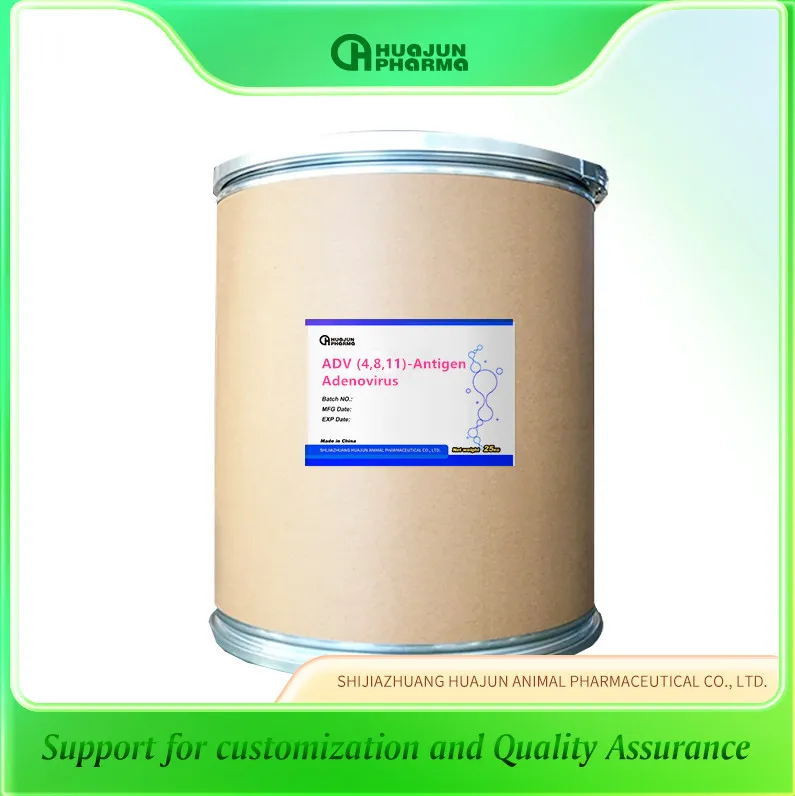
نوفمبر . 08, 2024 23:05 Back to list
Ivermectin for Cattle Production Solutions from Leading Manufacturers
Ivermectin for Cows A Comprehensive Overview of its Manufacturing and Use
Ivermectin is a widely recognized antiparasitic medication that has proven essential in both human and veterinary medicine. Among its various applications, ivermectin for cows stands out due to its effectiveness against a multitude of parasitic infections that can affect bovine health and productivity. This article seeks to explore the manufacturing processes behind ivermectin for cows, its applications, benefits, and considerations for use.
What is Ivermectin?
Ivermectin is a member of the avermectin family, naturally derived from the soil bacterium *Streptomyces avermitilis*. It works by binding to glutamate-gated chloride channels, leading to the paralysis and death of various parasites, including roundworms, mites, and certain external parasites like lice and fleas. This potent efficacy makes it a favored choice among livestock producers.
Manufacturing Process
The production of ivermectin involves several critical steps, ensuring the active ingredient is pure and safe for animal consumption. It typically begins with the fermentation of *Streptomyces avermitilis*, where the bacterium is cultured to produce the avermectins. Following fermentation, the biomass is processed to extract and purify the active compounds.
1. Fermentation The bacteria are grown in specific nutrient media that promote the production of ivermectin. The fermentation process can take several days, during which conditions are carefully monitored to optimize yield.
2. Extraction After fermentation, the next step involves the extraction of the ivermectin from the biomass. This is done using solvents that selectively dissolve the desired compounds while leaving behind impurities.
3. Purification The extracted ivermectin undergoes purification processes, such as filtration and chromatography, which help isolate the active ingredient from other organic materials and byproducts.
4. Formulation Once purified, ivermectin is formulated into various dosage forms suitable for cows, including injectables, oral suspensions, and pour-on solutions. Formulation is crucial to ensuring that the medication is effective, stable, and easy to administer.
5. Quality Control Throughout the manufacturing process, strict quality control measures are in place. This includes testing for potency, purity, and safety to ensure that the final product meets regulatory standards.
Applications in Cattle
Ivermectin is primarily used in cattle to control a range of parasitic infections
- Internal Parasites Ivermectin effectively treats infections caused by gastrointestinal roundworms, lungworms, and other internal parasites, which can severely impact cattle health and productivity
.ivermectin for cows manufacturer

- External Parasites It is also used to combat external parasites, such as lice and mites, which can cause discomfort and lead to secondary infections if left untreated.
- Ectoparasitic Control Ivermectin has proven effective against ectoparasites like river blindness in some regions, showcasing its versatility.
Benefits
The use of ivermectin in cattle offers numerous benefits
- Increased Productivity By controlling parasitic infections, ivermectin helps improve the overall health of the cattle, enhancing growth rates and milk production.
- Broad-Spectrum Action Ivermectin is effective against a wide array of parasites, reducing the need for multiple medications.
- Ease of Use The various formulations available make it convenient for farmers to administer to their livestock, minimizing handling stress.
Considerations for Use
While ivermectin is remarkably effective, careful consideration must be taken with its use
- Dosage and Administration It is crucial to follow the manufacturer's instructions regarding dosage and administration to prevent toxicity.
- Withdrawal Period Farmers must be aware of the withdrawal periods for ivermectin before sending cattle to market or for processing, ensuring that residues do not enter the food supply.
- Resistance Management The overuse of antiparasitics like ivermectin can lead to resistance among parasite populations. Integrated pest management strategies should be employed to maintain the efficacy of the treatment.
Conclusion
Ivermectin for cows represents a pivotal innovation in veterinary medicine, offering a reliable solution for the control of parasitic infections. Through sophisticated manufacturing processes and careful administration, it plays a vital role in ensuring the health and productivity of cattle, contributing significantly to the sustainability of livestock production. As research progresses, continued monitoring of its efficacy and the emergence of resistance will be essential to maintaining its role in animal health.
-
Premium Young Chicken - Leading Young Chicken Manufacturer & Supplier for Fresh Poultry Needs
NewsJul.08,2025
-
Enterococcus Faecalis Mold Remover – Powerful & Safe Solution from Trusted Manufacturer
NewsJul.08,2025
-
Premium Diarrhea Treatment Solutions Leading Diarrhea Factories & Suppliers
NewsJul.08,2025
-
High-Quality Blisters Manufacturer & Supplier Reliable Blisters Factory
NewsJul.07,2025
-
High-Quality Skeleton Development Services Leading Factory, Manufacturer & Supplier
NewsJul.07,2025
-
High-Quality Cockscomb Turns White Reliable Manufacturer & Supplier Factory
NewsJul.07,2025




